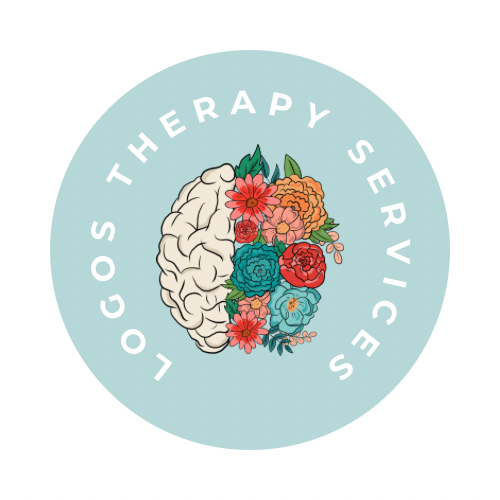Importance of Social Engagement

🙃🙃🙃Early social engagement is crucial in the course of typical child development and necessary for optimal social and emotional development. 🙃🙃🙃
👀👀Social impairments in early infancy have been found to be predictive of social-emotional and behavior disturbances later in life.👀👀
👶🏼👶🏼For example, many studies have shown evidence for early social differences in infants at-risk for developing an autism spectrum disorder (ASD) as compared to low-risk infants. These differences include decreased levels of social smiling, social initiation, orienting to name, and low eye contact and without early intervention can lead to later developmental, behavioral, and social difficulties. In contrast, early social and behavioral patterns in typical infants are present and stable into the toddler and early childhood years.
👀👀In contrast, research with other populations has shown that early interventions targeting social areas and parent-child dyads have been found to be effective in improving both parent and infant behaviors in premature infants and infants and toddlers with developmental disabilities or at risk for intellectual disabilities.
👀👀Many studies have shown that didactic interventions that teach sensitivity and responsiveness to parents of preterm and low birth weight infants have resulted in improvements in infant social and cognitive development.
👀👀The Infant Health and Development Program found that interventions that began in the first year of life led to considerable cognitive and language gains at three years of age.
👀👀In typically developing infants, individual differences in maternal encouragement of attention during the first year of life is positively correlated with differences in duration of infant focused attention.
👀👀Similarly, social engagement in the form of eye contact has been documented in the first weeks of life, and research has shown that 3- month-old infants discriminately smile to direct, but not averted, eye gaze. These didactic adult-infant interactions appear to be critical to healthy development.
Koegel L, Singh A, Koegel R, Hollingsworth J, Bradshaw J. Assessing and Improving Early Social Engagement in Infants. J Posit Behav Interv. 2014 Apr;16(2):69-80. doi: 10.1177/1098300713482977. PMID: 25313271; PMCID: PMC4193383.
